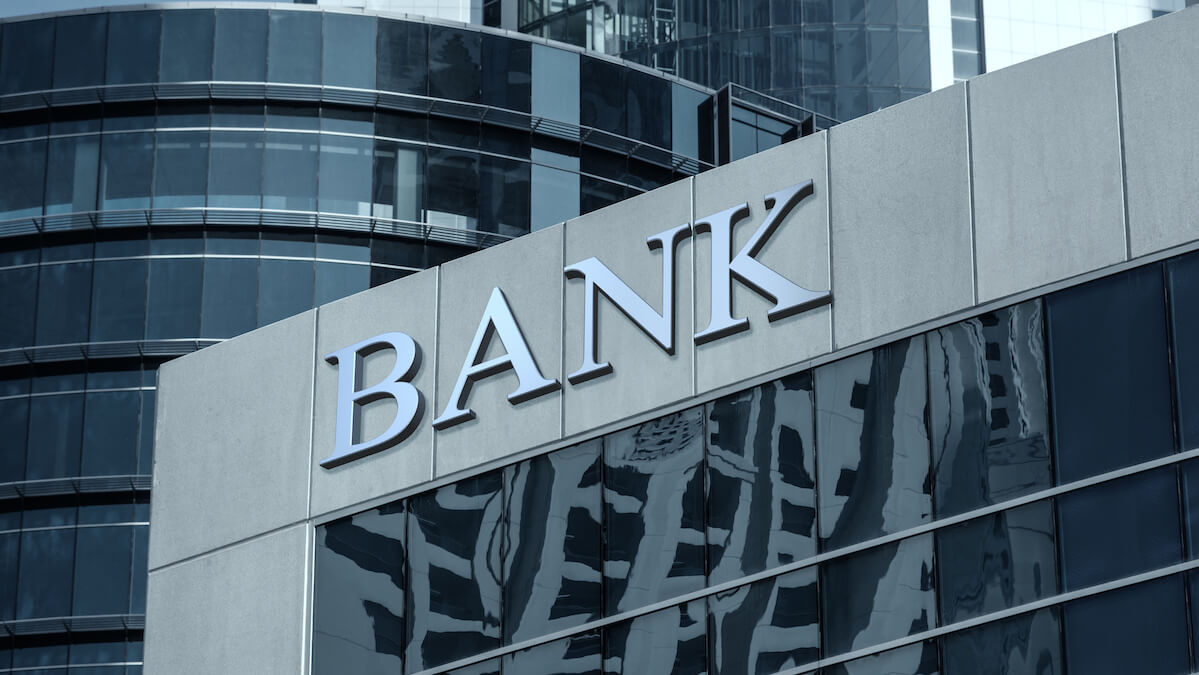Bank Earnings Showdown: Emerging Trends You Need To Know

Bank earnings hold a lot of weight on Wall Street. This week, the intensity is set to ratchet up as investors, Wall St., and the Fed closely watch how the banks have performed since their last earnings. Three of the largest US banks—JPMorgan Chase (JPM), Wells Fargo (WFC), and Citigroup (C)—are slated to report their Q2 2023 earnings this Friday.
Bank Earnings as Economic Bellwethers
Last month, the big banks passed the annual Fed stress test. This gave investors a sigh of relief, especially after the banking crisis in March.
Banks also operated in a high-interest rate environment, making them a tough read for investors. How so? Banks can benefit from higher rates, which means increased borrowing costs and cooler loan activity. Investors may choose risk-off mode, preferring fixed income to stocks. Worst case scenario: high interest rates escalate the risk of triggering a recession.
So far, the year-to-date market performance presents a mixed bag. JPMorgan Chase leads the trio with a 12% rise, with Wells Fargo and Citigroup following at around 5%.
CHART 1: YTD PERFCHARTS COMPARING JPM, WFC, AND C. After plunging valuations in March triggered by the banking crisis, there's been a steady recovery, with JPM taking the lead, followed by WFC and C.Chart source: StockCharts.com. For educational purposes.
Ahead of these earnings reports, the question remains: will the momentum hold, or might we expect a few headwind surprises?
What's the Word on the Street?
JPMorgan Chase (JPM) had a blowout first quarter and significantly raised its guidance for the second quarter. The bank's resilience and revenue were driven by a substantial increase in net interest income (what it generates through its lending activities after subtracting what it owes to depositors). JPM's well-positioned given its strong balance sheet, operational efficiency, and significant growth opportunities, such as its recent acquisition of First Republic Bank.
Wells Fargo has also shown resilience in the face of the March banking crisis, managing to turn the year around with its shares currently in the green. WFC's net interest income remains healthy, and the bank expects it to increase by 10% this year. In addition to share repurchases and a relatively strong capital position, WFC's asset cap (yes, remember its penalization for the fake account scandal?) is expected to be removed soon. That signals growth opportunities and potential long-term upside.
What happens when Too Big To Fail meets bargain basement prices? You get Citigroup. The bank has seen better days, valuation-wise. But with its new leadership, Citi is attempting to turn the ship around, shedding many of its international branches and bolstering its wealth management and bond trading operations. Its low price-to-earnings and price-to-book ratios might also make it attractive to some. It's easy to think that the stock is simply overvalued, but does that make it a good prospect for a buy?
If Any of These Banks are Good Buys—When or Where Should You Pull the Trigger?
What might signal a favorable buy trigger? This is where technical analysis can be invaluable. While fundamental analysis can give you a strategic framework for trading decisions, the precise timing and execution of trades heavily rely on technical analysis. In short, technical analysis makes fundamental data more precisely actionable.
Chase Keeps Getting Bigger
When a stock reaches a 52-week high, it may be time to pay attention. JPM triggered several predefined scans in StockCharts in the last few days—Moved Above Upper Keltner Channel, New 52-week Highs, Moved Above Upper Bollinger Band, and more. That could change, but when a stock has triggered many scans that indicate the stock is likely to move higher, it's worth adding the stock to one of your ChartLists.
StockCharts Tip. From Your Dashboard or Charts & Tools, click on Symbol Summary and enter the stock symbol. At the bottom of the page, you'll see the Predefined Scans the stock triggered.
JP Morgan Chase faces the headwinds most bank stocks face—deposit outflows, credit softening, cooling of loan growth, and weakening credit trends. But the stock is showing strength. If you look at the weekly chart, you'll see that the stock has been moving higher since October 2022, and it looks like it could be a long-term play, given that there's no heavy resistance looming between where the stock's price is and the stock's October 2021 high.
Switching over to the daily chart, since the beginning of the year, JPM's stock price has risen over 12%.
CHART 2: JP MORGAN CHASE RISING HIGHER. The stock is trading above its 20-day moving average, the RSI is sitting at the 70 level, and relative strength compared to the S&P 500 Banks Industry Index ($GSPBKI) is close to 22%.Chart source: StockCharts.com (click chart for live version). For educational purposes.
The stock is trading above its 20-day simple moving average (SMA), which is trending upwards. The relative strength index (RSI) has just crossed above the 70 level. A move higher would increase the bullishness of the current reading. The relative strength, with respect to the S&P 500 Banks Industry Index ($GSPBKI), is close to 40%.
If JP Morgan Chase announces strong earnings and guidance, the stock could soar.
Wells Fargo Looks Choppy
WFC had its fair share of obstacles on the regulatory front, but that looks like it may be in the rearview mirror. The weekly chart shows the stock price has been moving up and down, with no clear direction.
In the daily chart, price has to break above the 61.8% retracement level. A break through this level could give the stock price a chance to challenge its February highs.
CHART 3: WILL WELLS FARGO'S STOCK BREAK ABOVE THE 61.8% FIBONACCI RETRACEMENT LEVEL? It all depends on their earnings report. A break to the upside could see the stock price reach its February highs. The RSI is trending higher, and relative strength with respect to the banking industry is at 15.75%.Chart source: StockCharts.com. For educational purposes.
The RSI is trending higher, and its relative strength vs. the banking industry is above 15%, just below the 25-day moving average of the indicator. If WFC beats earnings expectations, the stock could get a boost. The Symbol Summary shows WFC triggered a few predefined scans that indicate a potential upside move.
Citigroup Has to Play Catch Up
C's stock price has had a pretty rough road. The weekly chart shows the stock has trended lower since June 2021, but looks like it's been in a base since August 2022.
The daily chart shows a similar picture. For the stock to make a comeback, it must break its pattern of lower highs.
CHART 4: WHICH WAY FOR CITIGROUP? If the company beats earnings expectations, there's a chance the stock price could move to the upside, but it has a ways to go before catching up with the rest of the pack.Chart source: StockCharts.com. For educational purposes.
When a stock is trading sideways, it helps to use an indicator that looks at trend and momentum, such as Bollinger Bands®. C has been trading within the Bollinger Bands with no clear breakout in either direction. The RSI has been moving between 30 and 70 and relative strength vs. the banking industry is at around 10%. The big question is, if C meets or beats expectations, will it be enough to boost the stock price enough to catch up to the rest of the pack?
The Bottom Line
Eyes are firmly on Wall Street's heavyweights: JPMorgan Chase, Wells Fargo, and Citigroup. Will they beat the odds or buckle under?
JP Morgan may be the clear winner, but if Wells Fargo and Citigroup offer solid earnings or guidance, they could be good bargains for investors. Keep an eye on critical resistance levels. If the stocks look like they have upside momentum, they could be good longer-term investments.
Disclaimer: This blog is for educational purposes only and should not be construed as financial advice. The ideas and strategies should never be used without first assessing your own personal and financial situation, or without consulting a financial professional.




